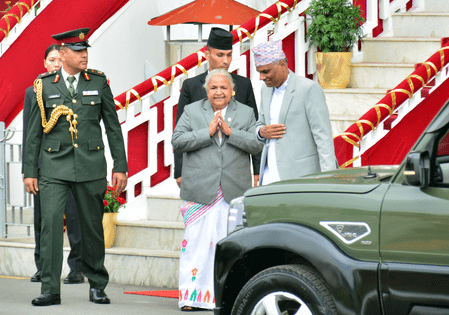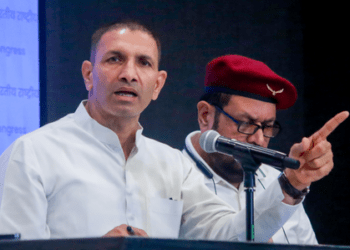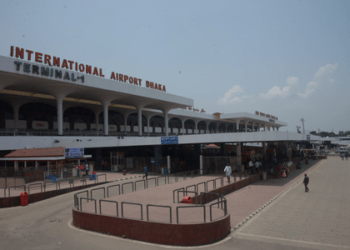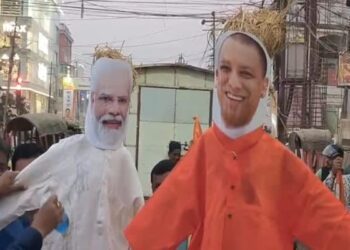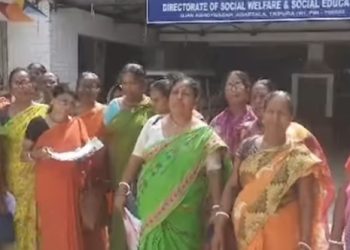Kathmandu, Sept 20:
Nepal has become the latest South Asian nation to witness the overthrow of its ruling regime through mass public mobilisation, driven by growing anger over corruption, nepotism, and misgovernance. According to a report by the International Centre for Peace Studies (ICPS), the uprising marked a decisive break in the Himalayan nation’s democratic trajectory, echoing similar movements in Sri Lanka (2022) and Bangladesh (2024).
The ICPS noted that over the past three years, youth-led, largely “apolitical” protests have emerged across the region, often propelled by frustration with entrenched elites. While such uprisings successfully topple governments, the report warned that they frequently create political vacuums filled by inexperienced actors, undermining the very democratic reforms they aim to promote.
In Nepal, protests erupted on September 8 following the government’s decision to ban 26 social media platforms, including Facebook, Instagram, WhatsApp, X, and YouTube, for failing to register with the Ministry of Communication and Information Technology. The move acted as a catalyst for a broader movement demanding accountability for corruption, inequality, and worsening living conditions that have forced thousands to seek work abroad.
Demonstrators also vented anger at the opulent lifestyles of “Nepo Kids” — children of political elites flaunting their wealth on social media — in stark contrast to the struggles of ordinary citizens.
Amid escalating protests, Prime Minister KP Sharma Oli resigned on September 10. Several senior ministers, including those handling Home, Health, Agriculture, Water, and Youth and Sports, also stepped down as the crisis deepened.
The ICPS highlighted that Nepal’s interim Prime Minister, Sushila Karki, now faces the critical challenge of stabilising the nation, restoring public trust, advancing systemic reforms, and ensuring inclusive representation ahead of elections scheduled for March 2026.


